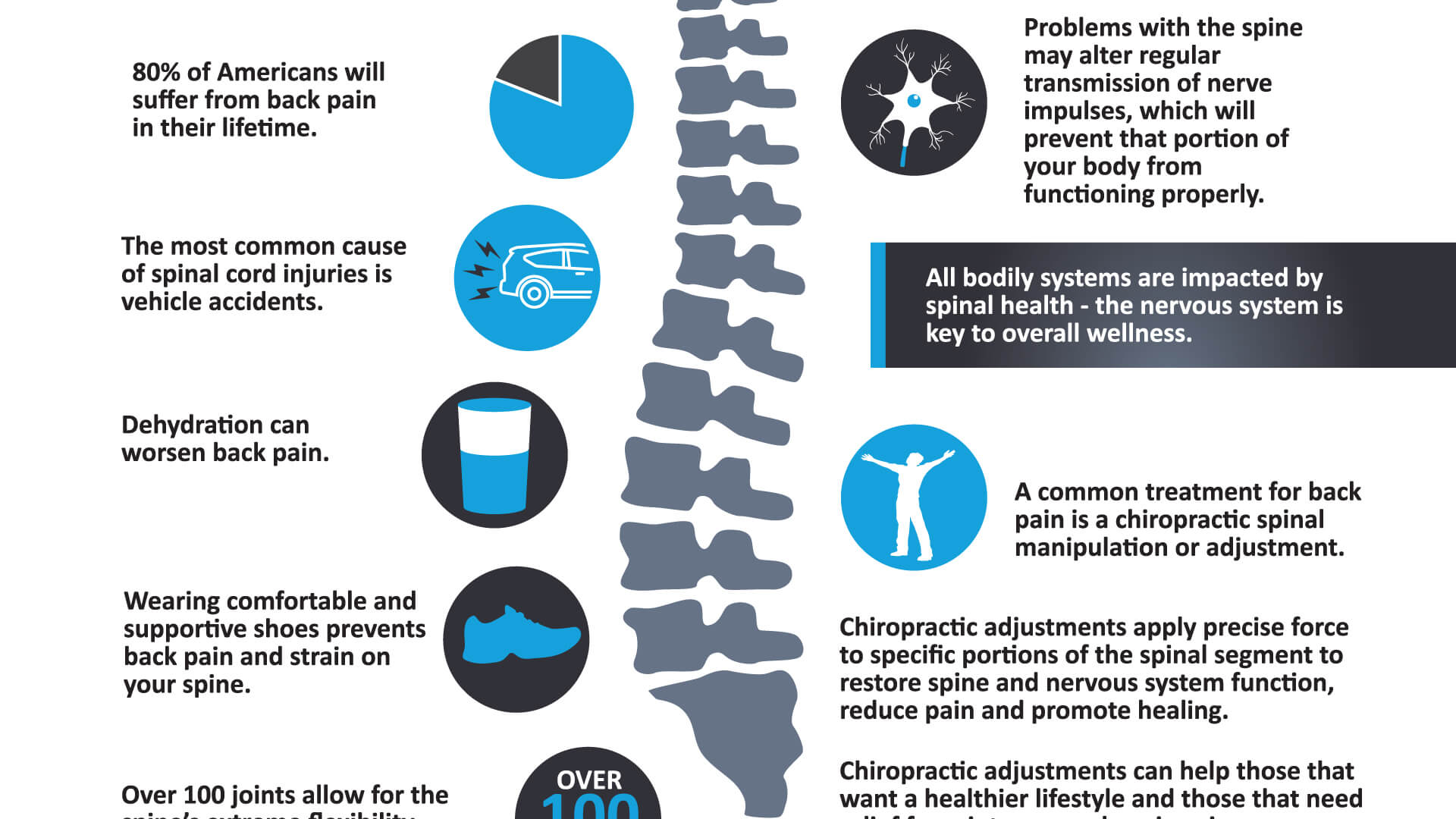You're most likely familiar with the rigidity in your neck that appears to creep up when anxiety levels rise. The web link in between stress and anxiety and neck pain is undeniable, but have you ever thought about exactly how functional stress-reduction methods could provide relief? Think of Highly recommended Site where you can break without the grasp of stress-induced neck pain and discover a sense of tranquility and comfort. Keep tuned to uncover basic yet effective methods that might reinvent the way you take care of tension and reduce neck pain.
Recognizing the Stress-Neck Discomfort Cycle
Comprehending the Stress-Neck Pain Cycle can supply valuable insight into exactly how anxiety materializes literally in the body. When stress levels rise, the muscles in your neck and shoulders have a tendency to tighten as a natural feedback. This tension can lead to stiffness, discomfort, and eventually pain in the neck area.
The physical signs of neck discomfort can after that even more worsen stress degrees, developing a vicious cycle. As tension remains to affect the body, the neck muscle mass can come to be much more stretched, causing persistent pain and lowered flexibility.
Furthermore, source website and anxiety can likewise add to poor stance, as people typically stoop their shoulders or crane their necks when really feeling stressful or overloaded. This poor posture can place extra stress on the neck muscles, bring about boosted pain and discomfort.
Reliable Stress-Reduction Techniques
To successfully manage the physical symptoms of stress-induced neck discomfort and break the cycle of pain, integrating tested stress-reduction strategies right into your everyday regimen is essential.
One effective method is deep breathing exercises. When you really feel anxiety developing, take a moment to inhale deeply via your nose, hold for a few secs, and then breathe out slowly with your mouth. This straightforward technique can aid calm your mind and unwind stressful muscles in your neck and shoulders.
An additional useful strategy is progressive muscular tissue leisure. Beginning by tensing and afterwards launching each muscular tissue team in your body, concentrating on the sensation of leisure as you let go of stress. This technique can aid release physical tension and improve general relaxation.
In addition, practicing mindfulness and reflection can be effective devices for decreasing tension. By concentrating on the present moment and letting go of fret about the past or future, you can reduce psychological tension that contributes to neck discomfort. Integrating these stress-reduction techniques right into your daily regimen can make a substantial difference in taking care of stress-induced neck discomfort.
Lifestyle Changes for Neck Pain Relief
Making lifestyle changes can play a significant duty in reducing neck discomfort and promoting total alleviation. One critical change is keeping correct position throughout the day. Ensure your workspace is ergonomically friendly, with your computer system screen at eye degree and your chair sustaining your reduced back. Incorporate normal breaks to extend and walk around, stopping rigidity and stress build-up.
Additionally, focus on routine exercise to strengthen your neck and upper back muscular tissues, minimizing the danger of stress. Stay moisturized and keep a healthy diet to support ideal muscle function and general wellness. Apply stress-reduction strategies such as deep breathing, mindfulness, or yoga to alleviate tension that can contribute to neck discomfort.
Improve your sleep quality by investing in a helpful pillow and bed mattress, and develop a relaxing going to bed regimen. By making these way of life changes, you can proactively manage neck pain and improve your lifestyle.
Conclusion
To conclude, by incorporating sensible stress-reduction strategies into your day-to-day regimen, you can break the cycle of stress-induced neck discomfort. Deep breathing, dynamic muscle mass leisure, mindfulness techniques, and meditation work ways to soothe the mind, unwind neck muscular tissues, and lower total anxiety levels. Making small way of life adjustments can help minimize discomfort, promote relaxation, and improve your general well-being. Remember, taking care of your psychological and physical health and wellness is key to handling tension and neck discomfort.
